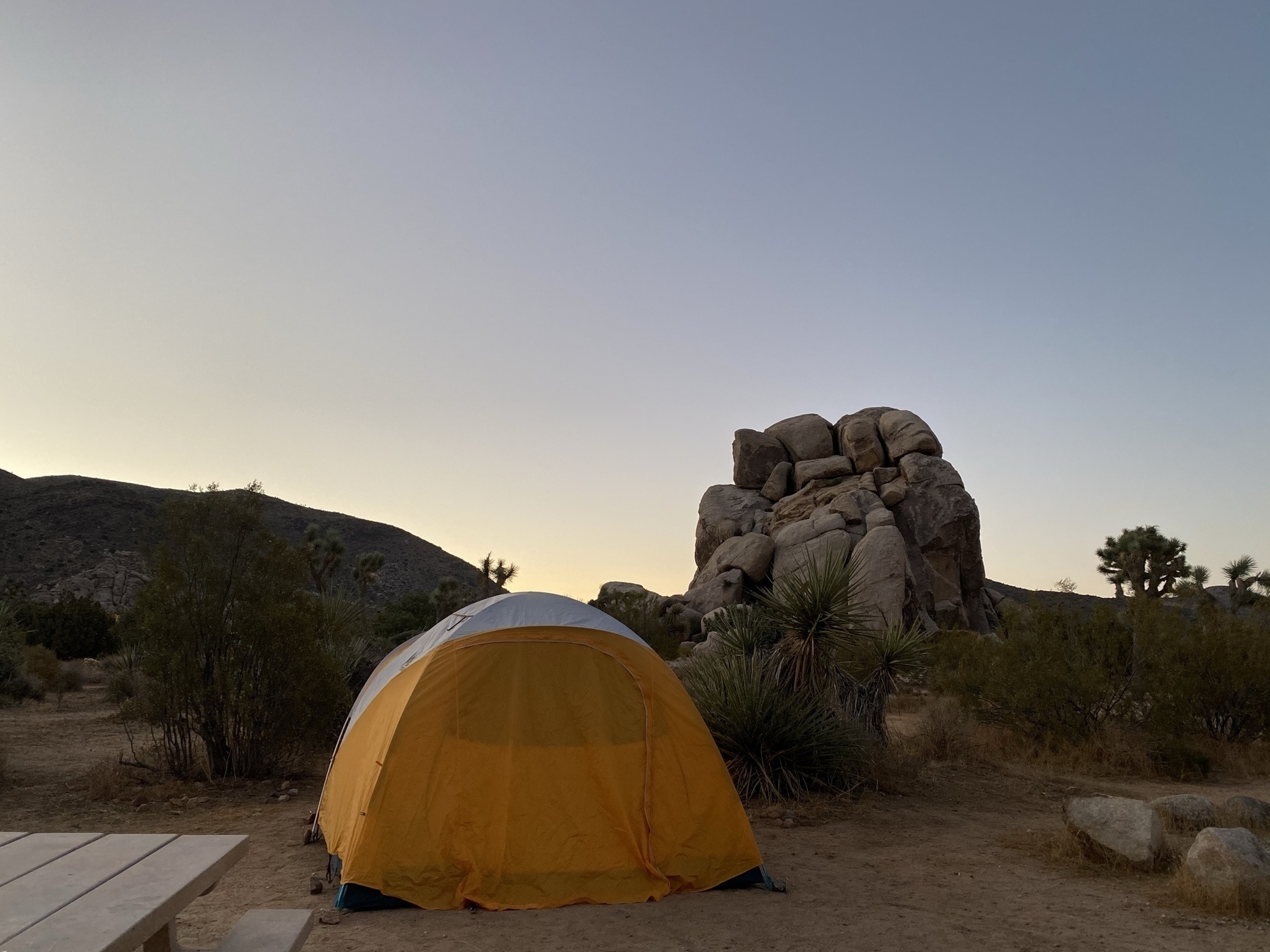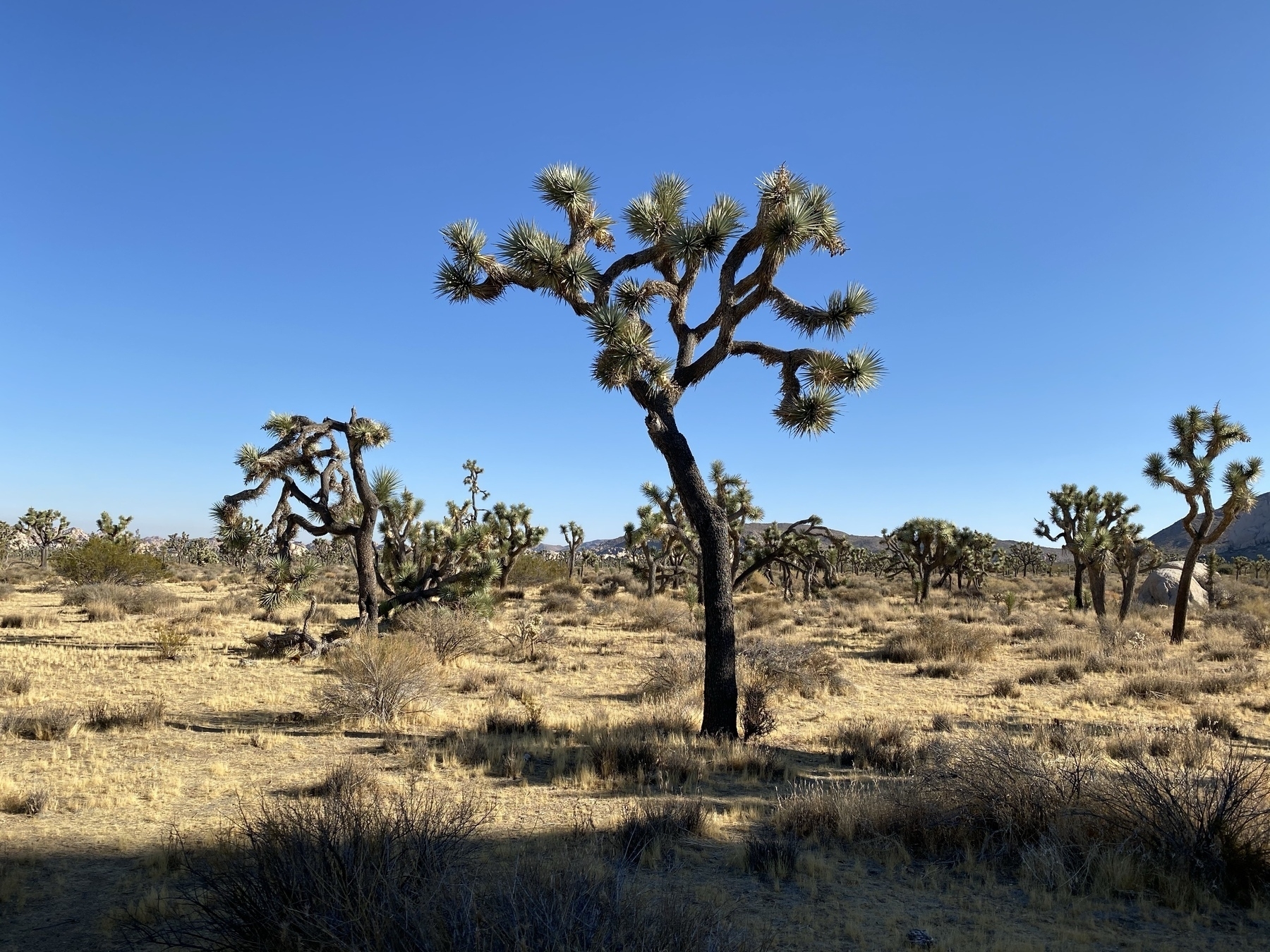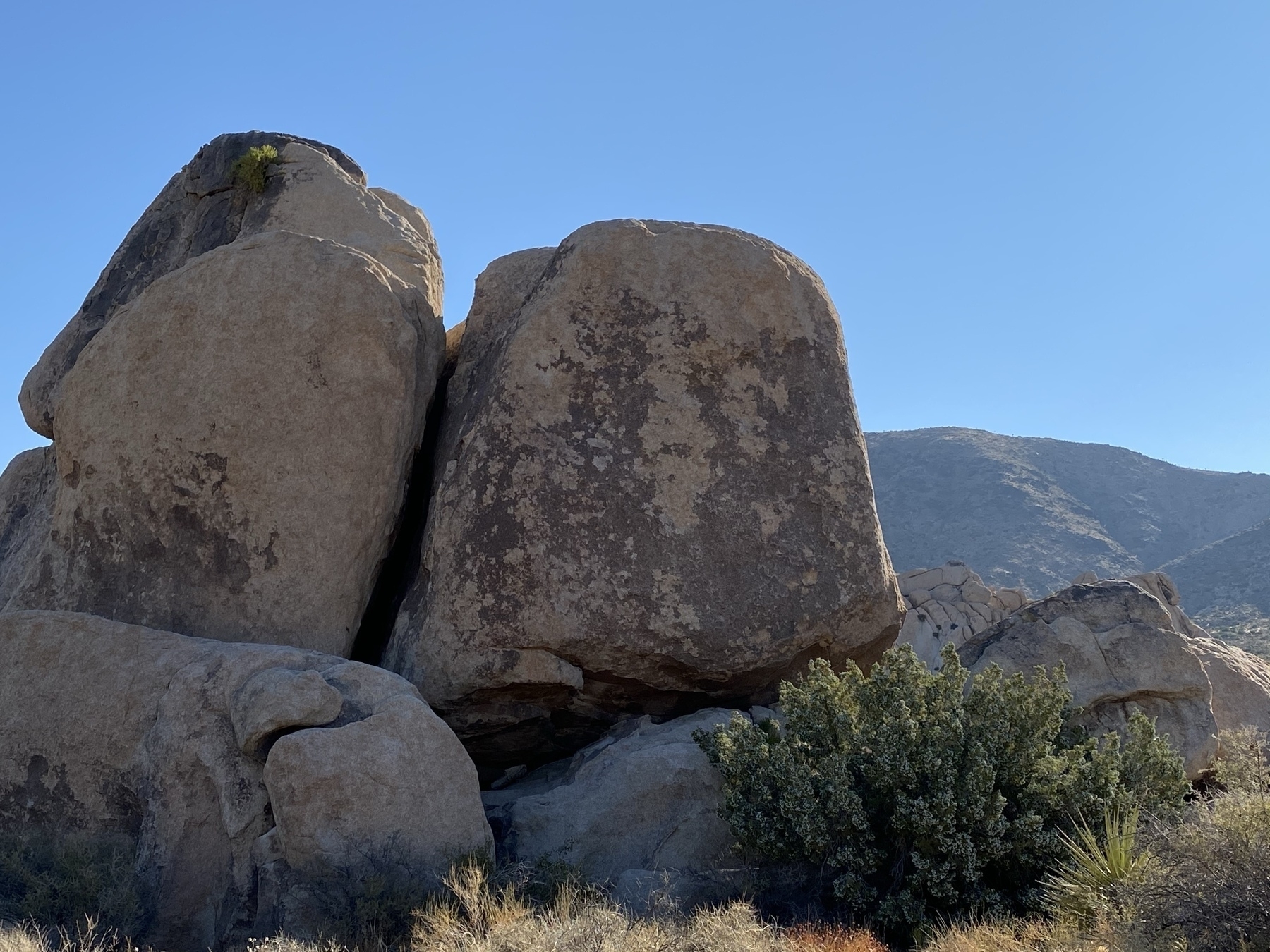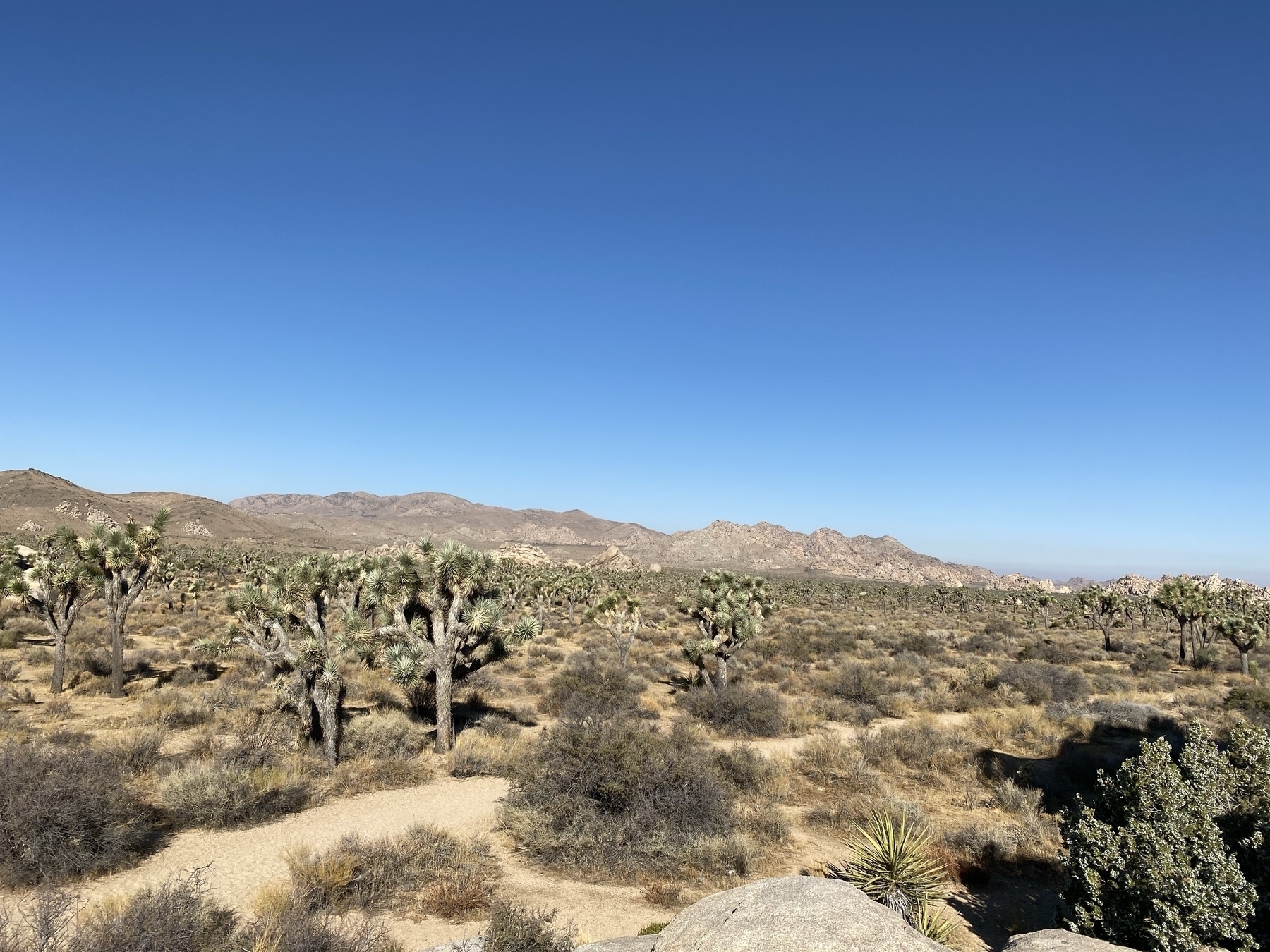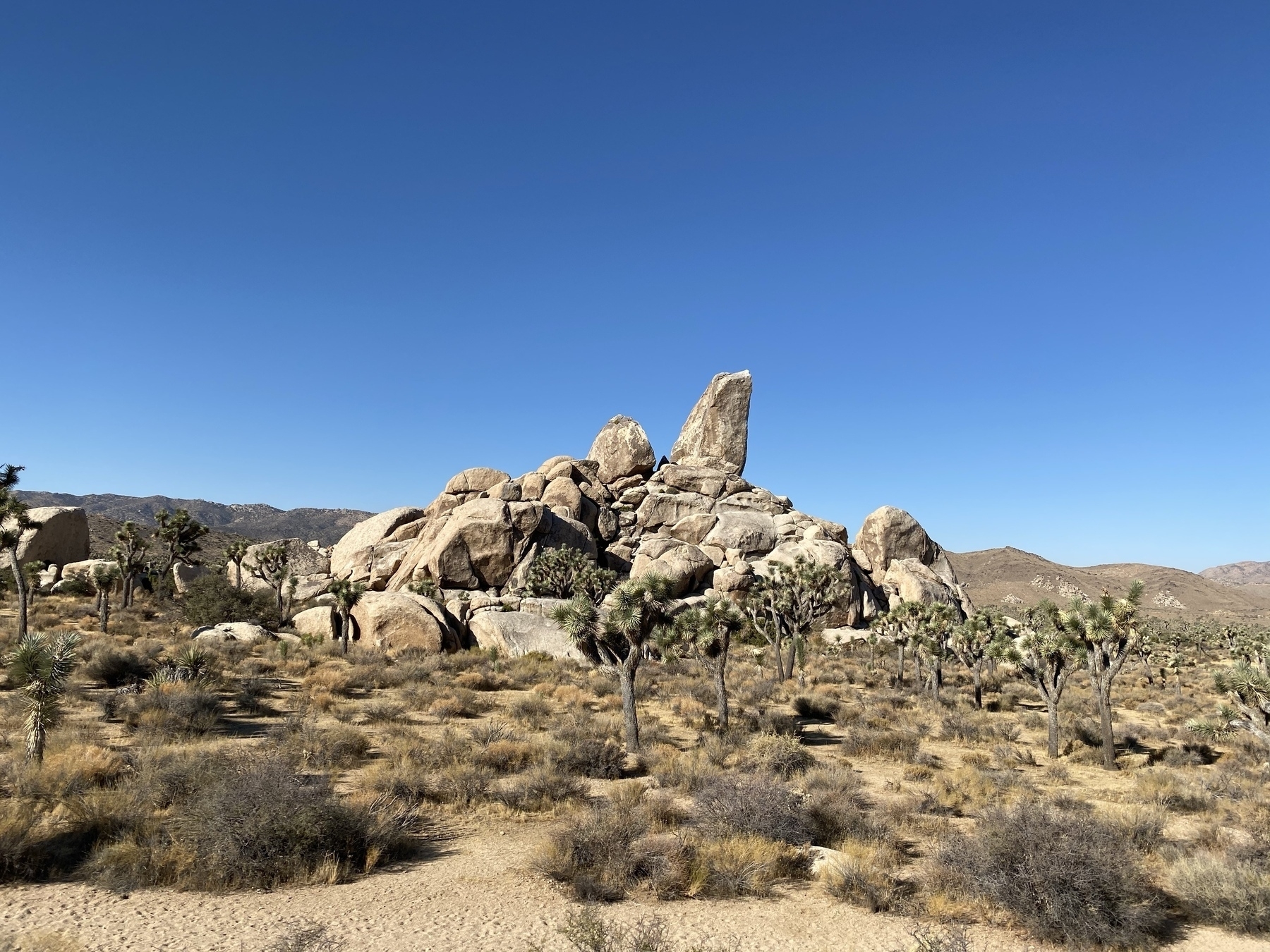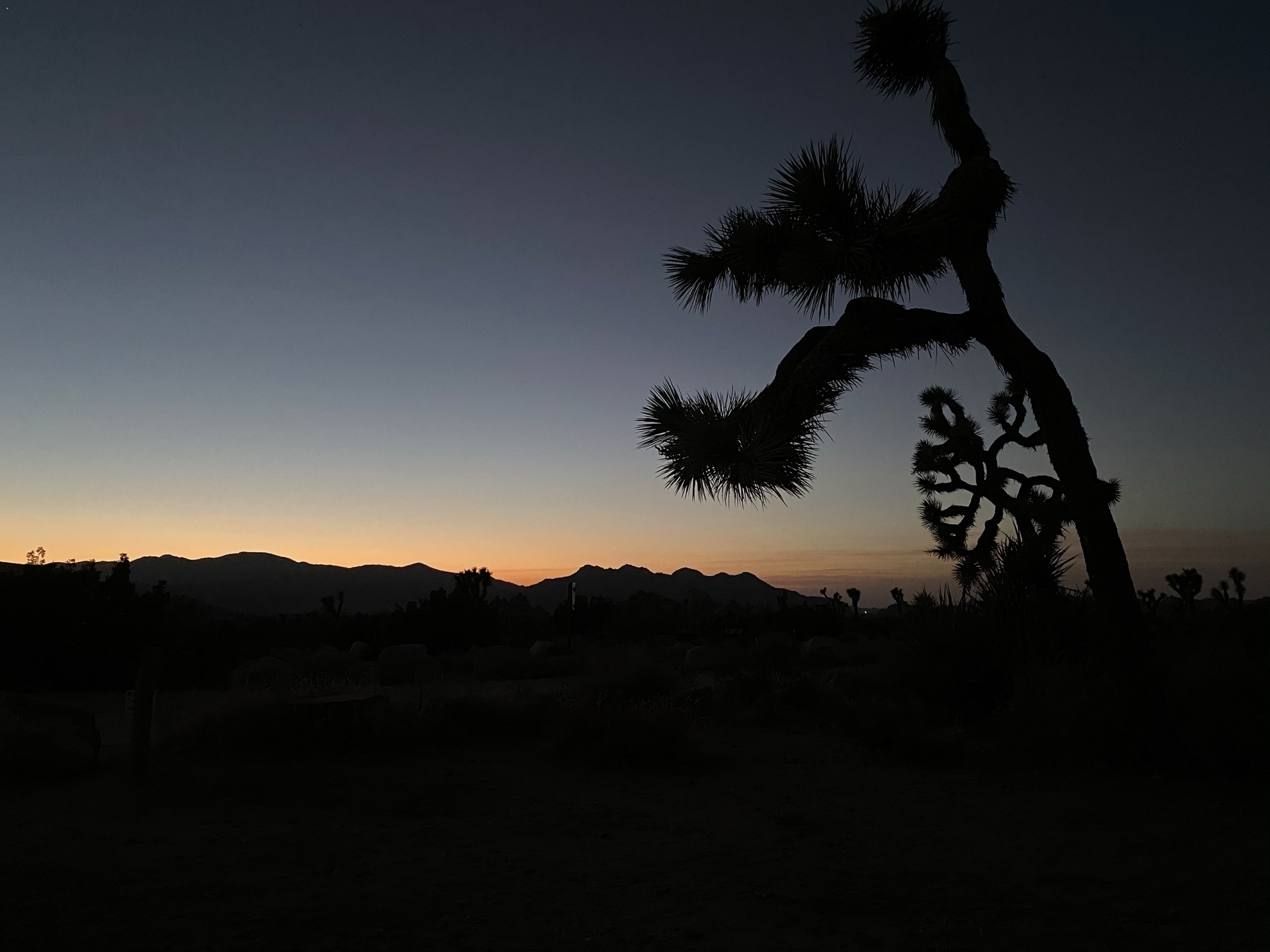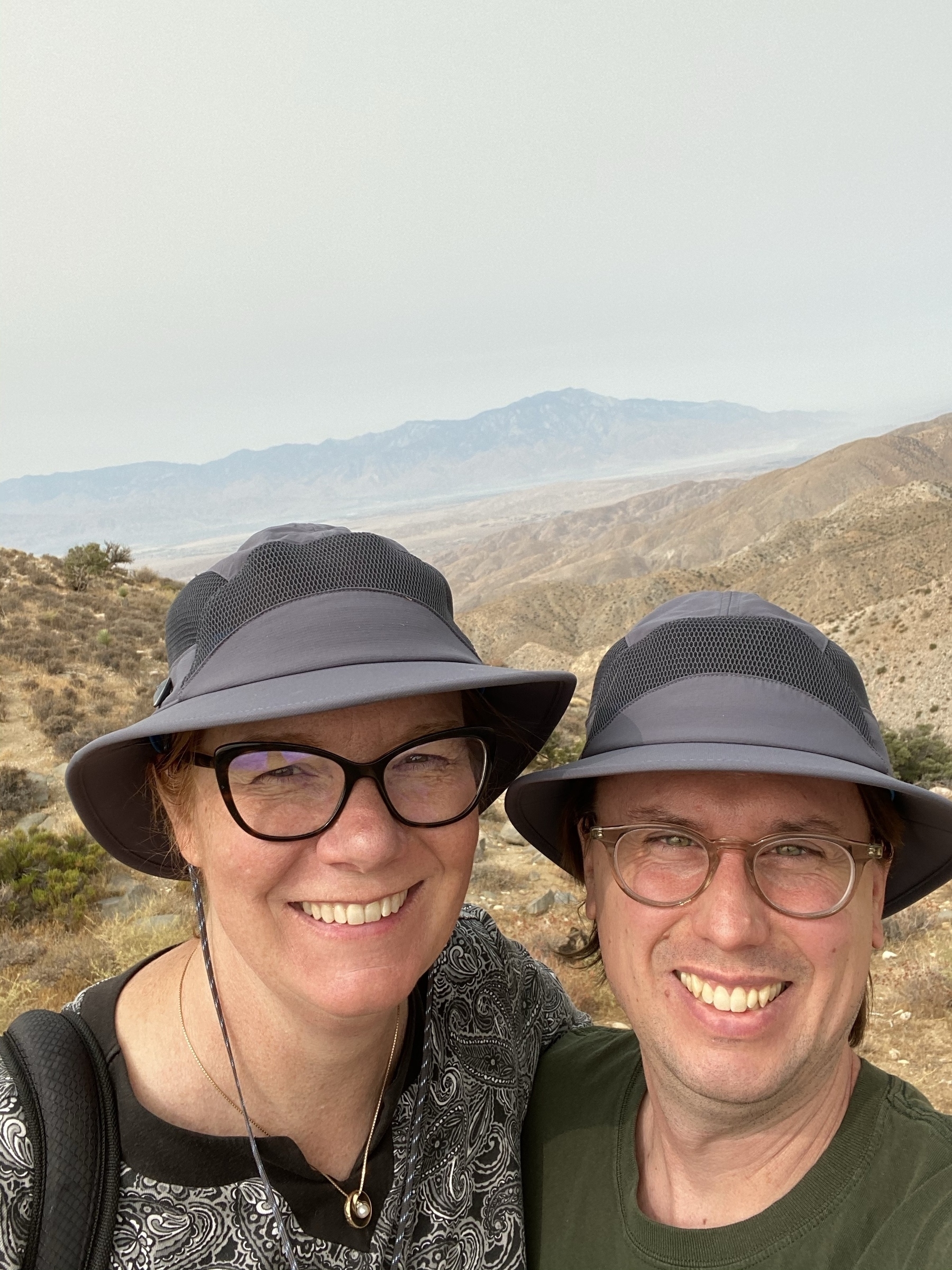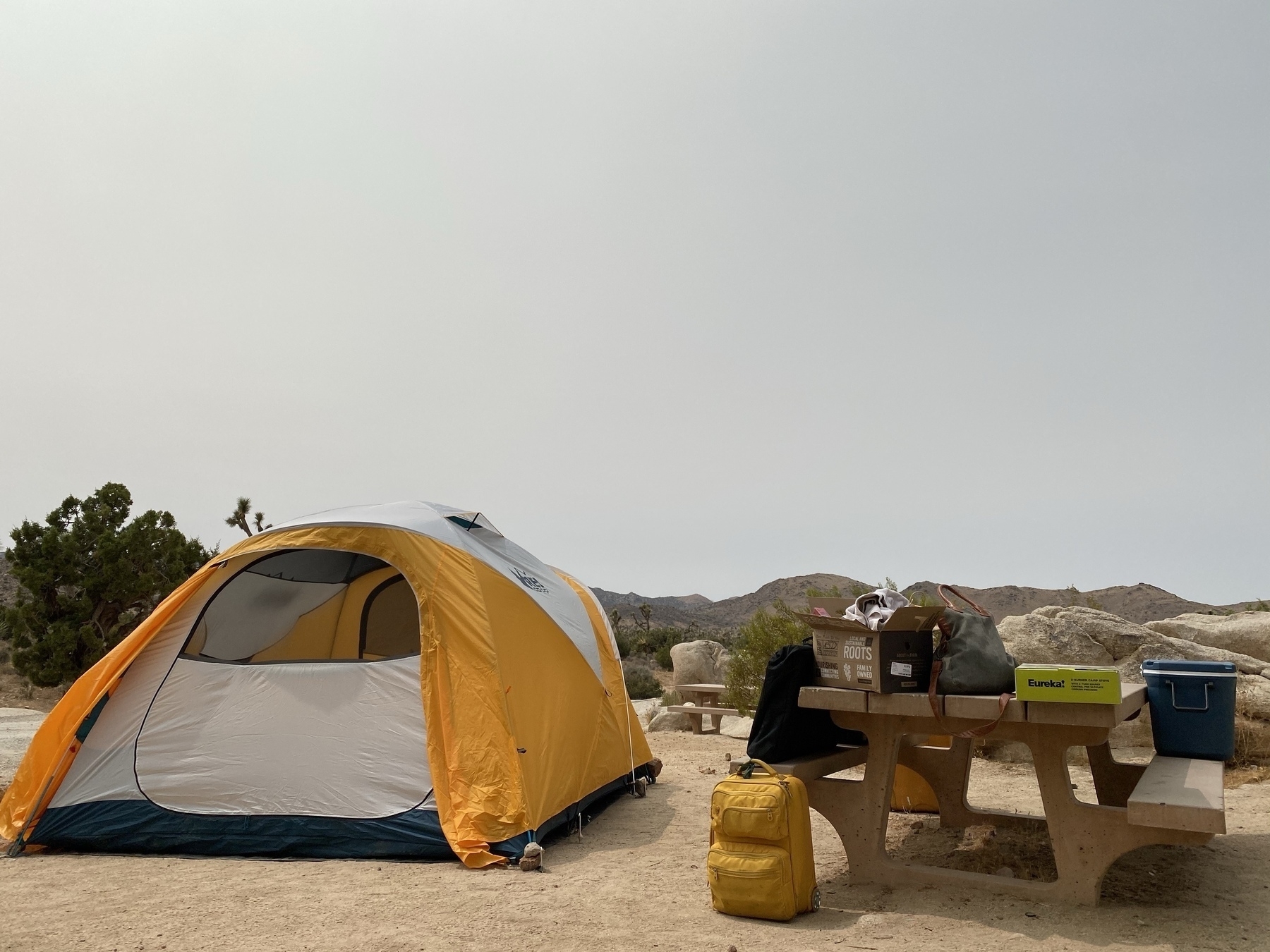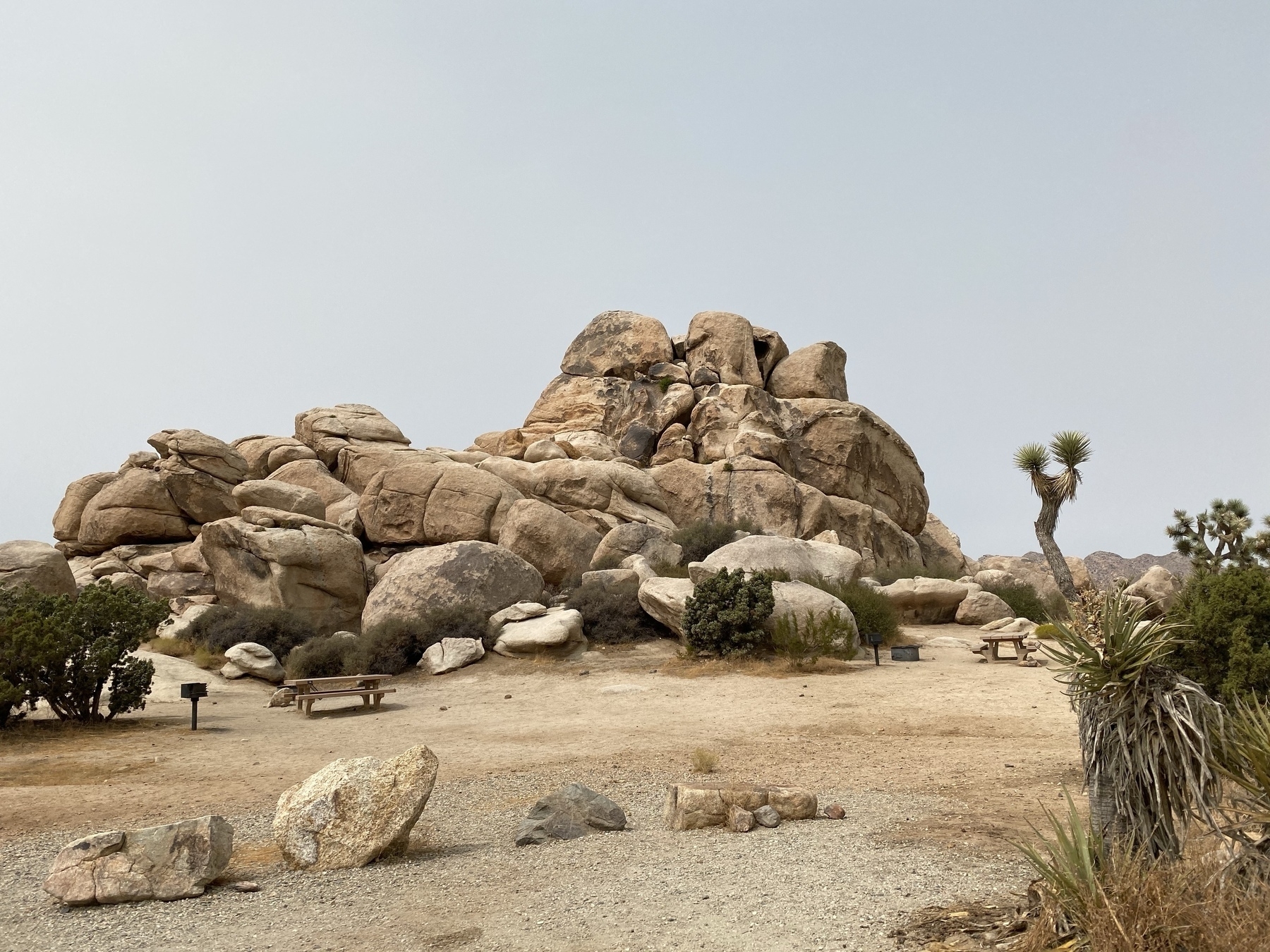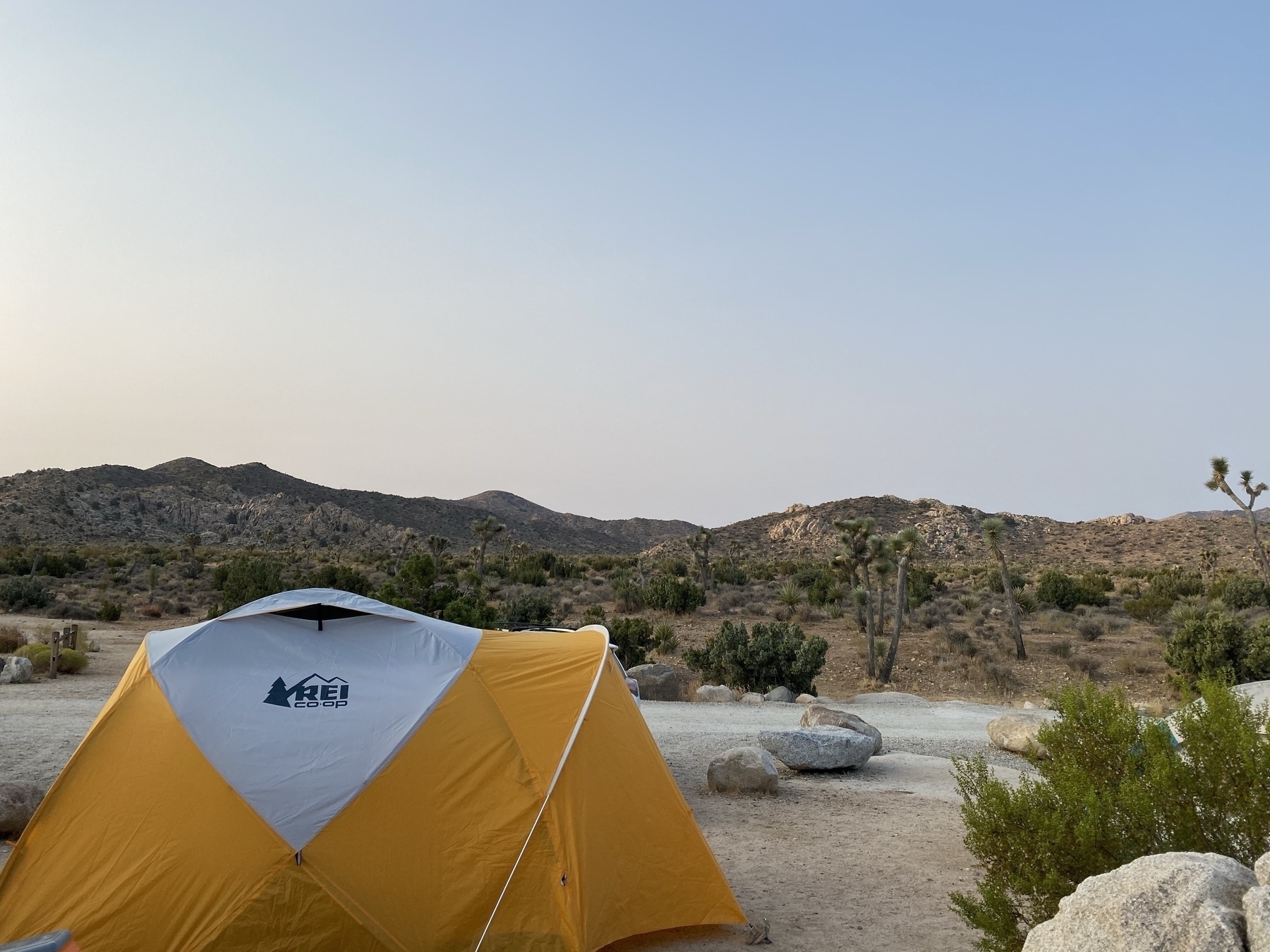Keeping Score: November 27, 2020
Did I say I could write at least half a day this week, free from distraction?
turns to self from last week: Oh my sweet summer child.
I've been able to put in a full day of writing just once. Once
Every other day, I've had my water shut off and construction going on in both the room right next to my temporary office (I'm currently working in the dining room) and above it. They're grinding, sawing, singing, at random intervals, throughout the day.
It's...impossible to concentrate.
Still, I've managed to squeeze some words out. Crossed the 11,000 word mark on the novel yesterday, which felt good.
But I'm nowhere near close to hitting 50K by the end of the month. According to NaNoWriMo, at my current pace, I'll be lucky to finish by end of February 2021 (!).
So while I'm bummed about not "winning" NaNoWriMo this year, I'm still glad I did it, for two reasons.
First, because I was doing it, I was able to convince a friend to take the plunge, and try his hand at his first novel. And he's won! He's well past 50K at this point, and is on track to wrap up the first draft of his first novel. I'm jealous of his word-count, true, but I'm also overjoyed that he got it done. Can't wait to read it, when (if) he's ready for beta readers.
Second, because the time pressure for word count did push me to stop using outlining as an excuse, and just start writing. I was terrified of getting lost, of not being able to write it if I didn't know where I was going.
I forgot that I've written all of my other novels without an outline. All of them. Short stories, as well.
I'm not a full-on pantser, but I do discover things while I'm writing that I don't seem to think of when simply outlining. I need a plan to get started -- characters, situation, possible ending -- but once I'm in it, the plan gets altered so much that a detailed outline would be pretty much trashed by the time I'm 5,000 words in.
Outlining, for me, comes later. Once the first draft is done, and I've mapped out all the place I want to go, all the things about the world I want to see. Then I can pull together a detailed outline, find the weaknesses in the story, and use an updated outline to produce the second draft.
So I've learned a bit about my own process. It takes longer, this way, I feel, but at least it happens. Better to charge ahead and produce a draft that can be edited, then to spin my wheels creating an outline that's going to get thrown out once ink hits the page.
And what about you? If you did NaNoWriMo this year, what did it teach you about your own writing process? Do you write better in the morning or evening? Do you need to outline it, or do you need to wing it? Can you write through distractions, or do you need a calm place in which to work?

